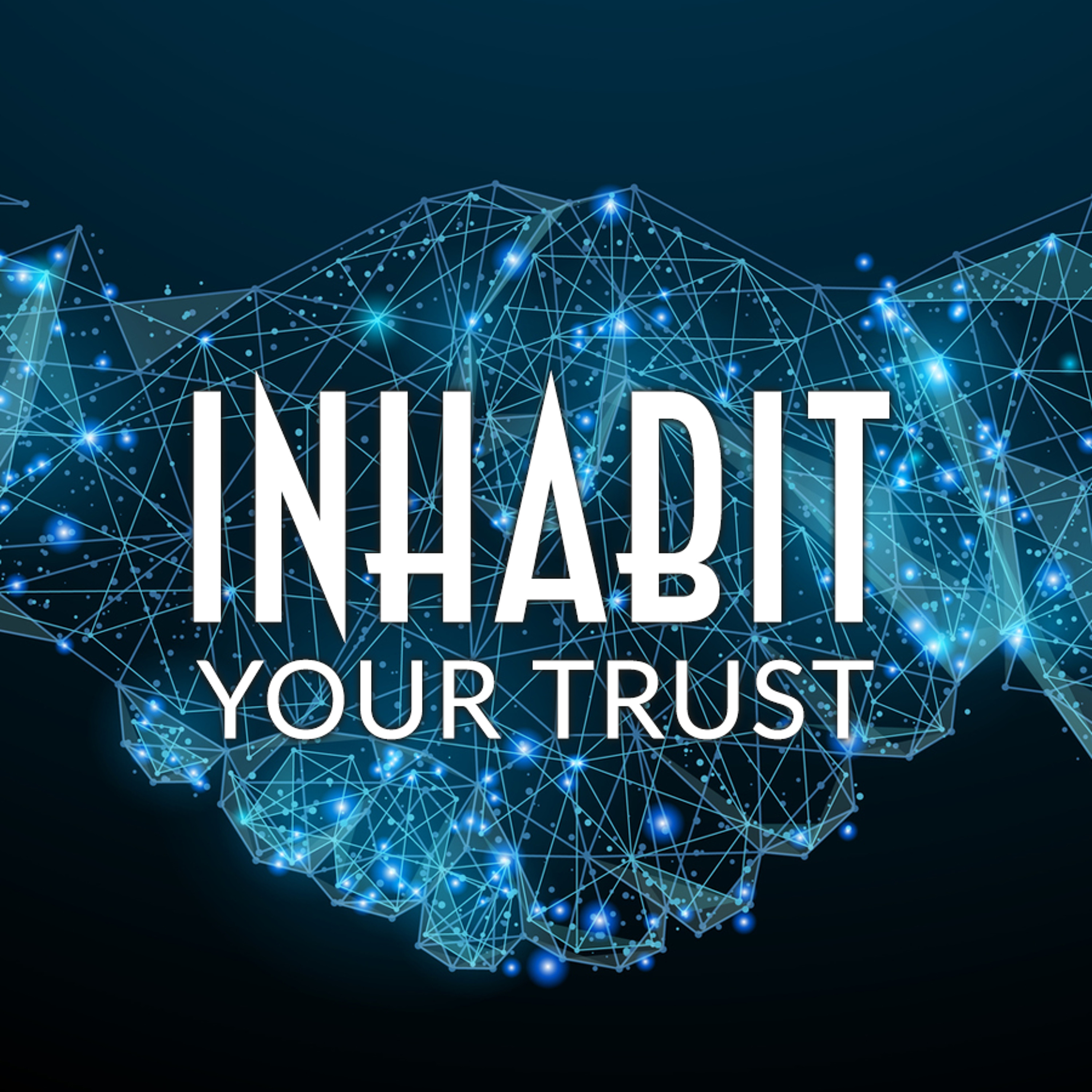
Inhabit: Your Trust
Everyone Is Right
Shownotes Transcript
“The best way to find out if you can trust somebody is to trust them.” ― Ernest Hemingway
Our crisis of trust has been rapidly compounding in recent years, as the internet has delivered us into an age of aperspectival madness — an epistemic breakdown where shared reality becomes splintered into hermetically-sealed social media silos, where all enfoldment between opposing perspectives breaks down completely, and where evidence-based truths become sacrificed on the altar of narrative beliefs.
“Trust” is something like an immune system for our society. It prevents our collective body from being infected by propaganda, zealotry, and social regression. Here at the tail end of 2020, it is clear that we are experiencing a crisis of truth, as well as a crisis of meaning. And underlying them both is an even deeper crisis — a crisis of trust.
Trust, of course, is a paradox. We live in a highly complex and highly specialized civilization. Our daily lives depend upon us being able to trust a massive interconnected system of strangers and institutions, just to be able to put food on the table every night that won’t end up making our families sick. And yet when our fundamental trust in those same strangers and institutions begins to collapse, so do the foundations of civilization itself.
When our fundamental trust in each other becomes completely dismantled, then so does our capacity to perceive and understand truth. After all, our perceptions of “truth” depend on a mutual recognition of “truthfulness” — another word for trust. And when we allow ourselves to believe that everyone is always already lying to us from every direction (other than our own preferred media silos, of course), then our reality suddenly becomes unknowable. As President Obama recently said:
“If we do not have the capacity to distinguish what’s true from what’s false, then by definition the marketplace of ideas doesn’t work. And by definition our democracy doesn’t work. We are entering into an epistemological crisis.”
This is a truly wicked problem. It is a tremendously complex and multivalent challenge, with causes and effects that can be tracked through all four quadrants. And like any other “wicked problem”, it is not something that can be solved in a piecemeal fashion: focus too much on any single variable and all the other variables change immediately — which means that partial solutions actually risk making things worse.
Watch as Ryan and I take a deep dive into the wicked problem of social trust, looking at this meta-crisis through each of the four quadrants, as well as some key practices and perspectives that can help us restore our trust in each other, in our institutions, in ourselves, and in the grand evolutionary unfolding itself.